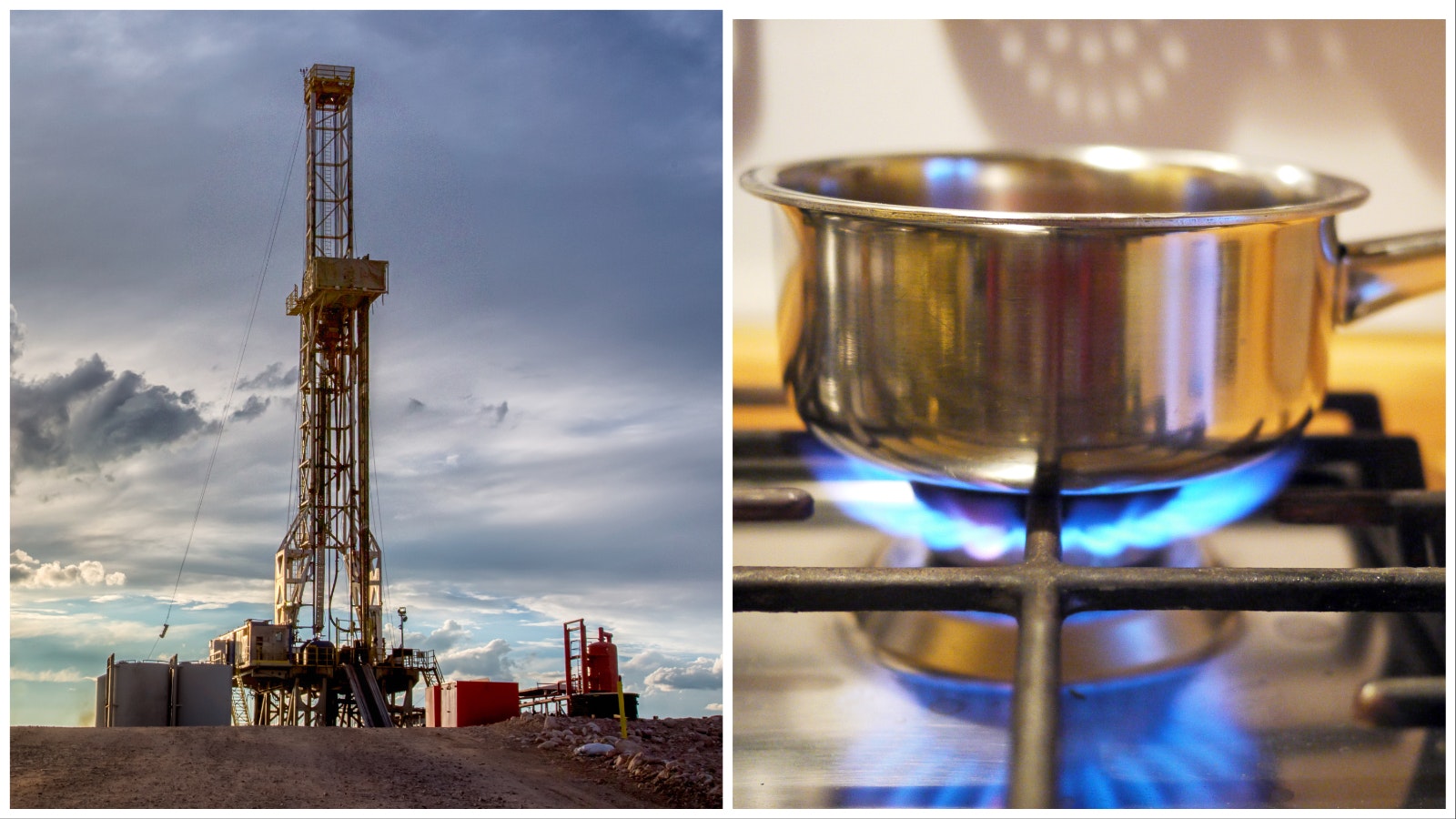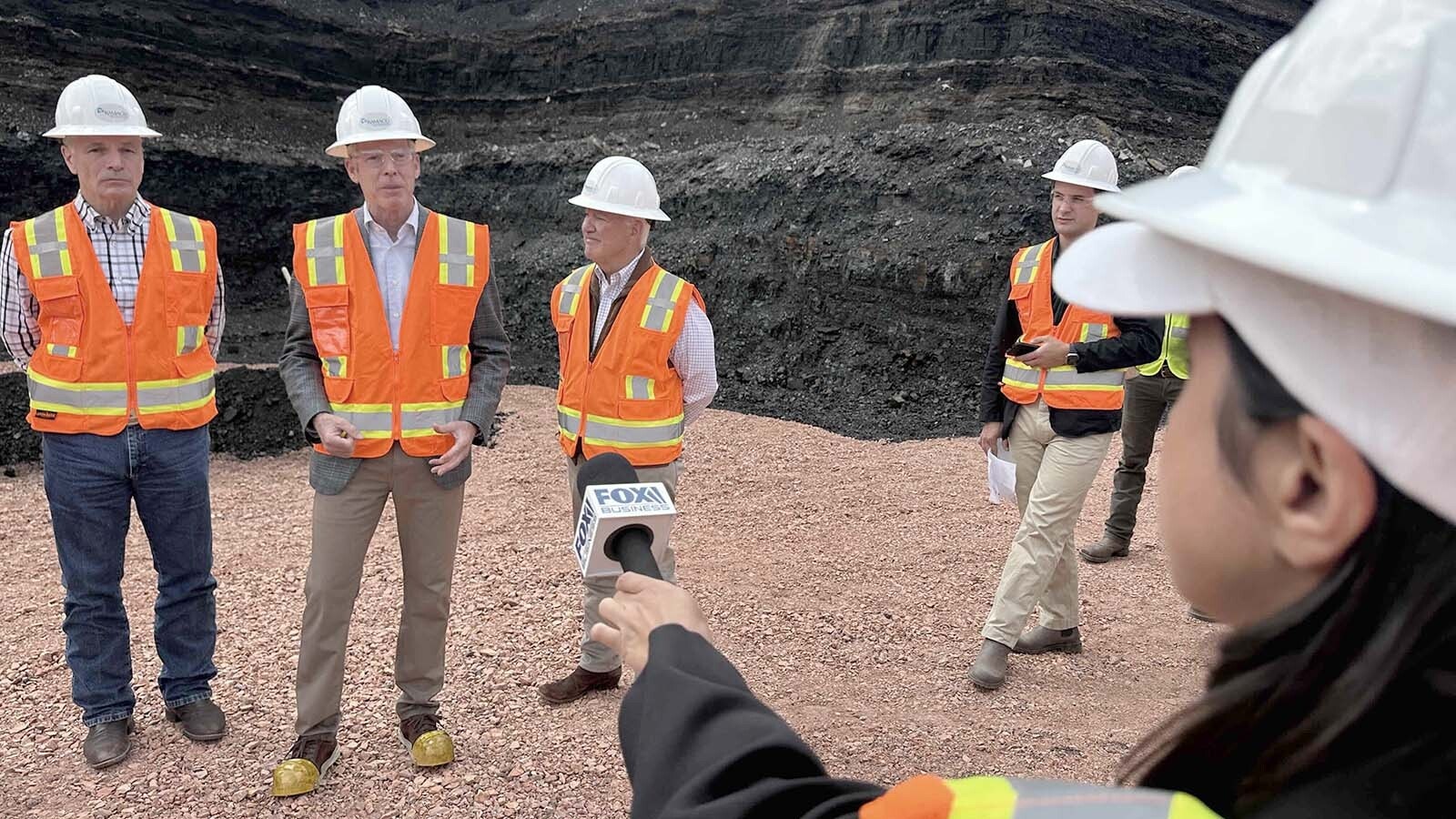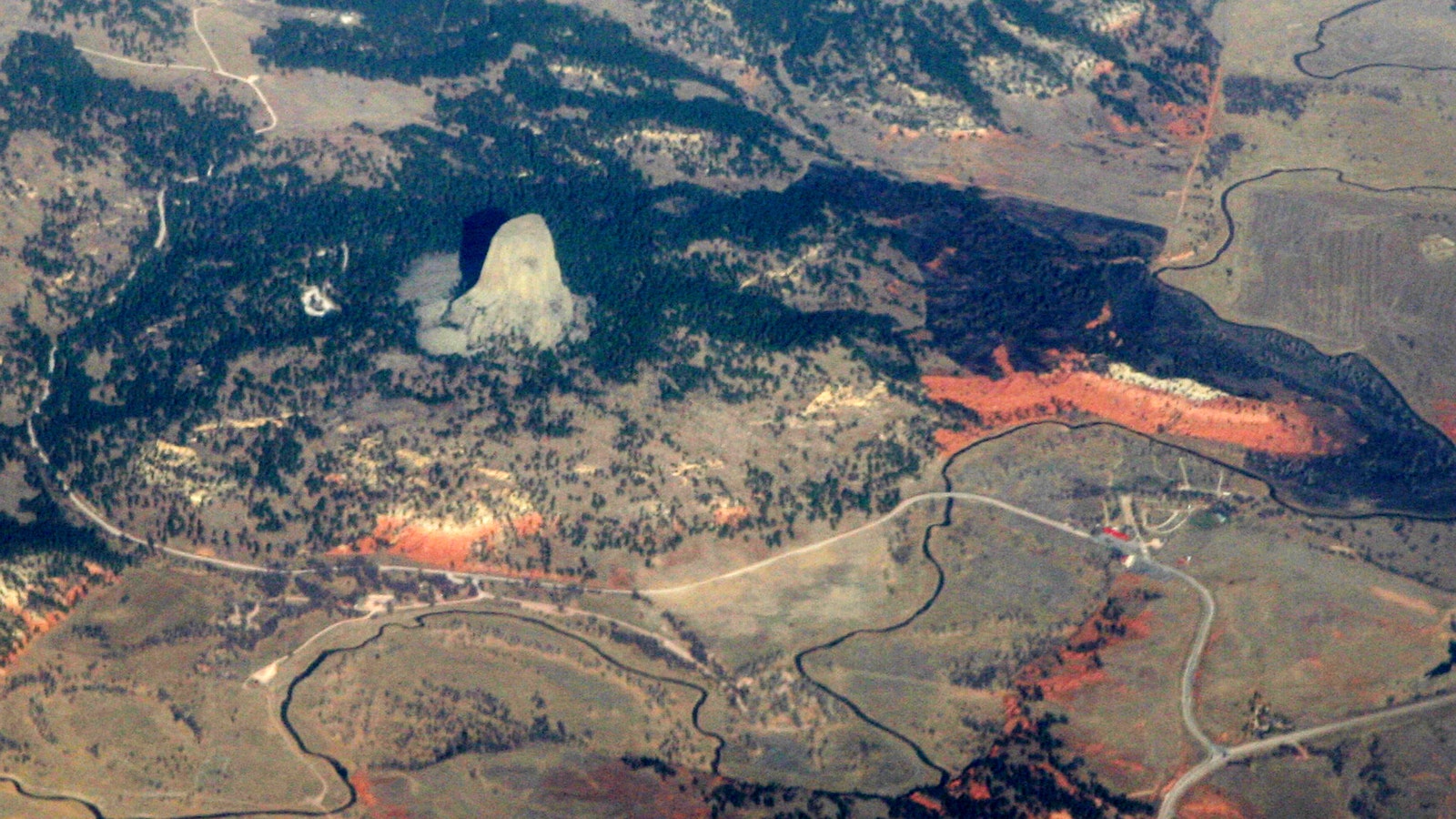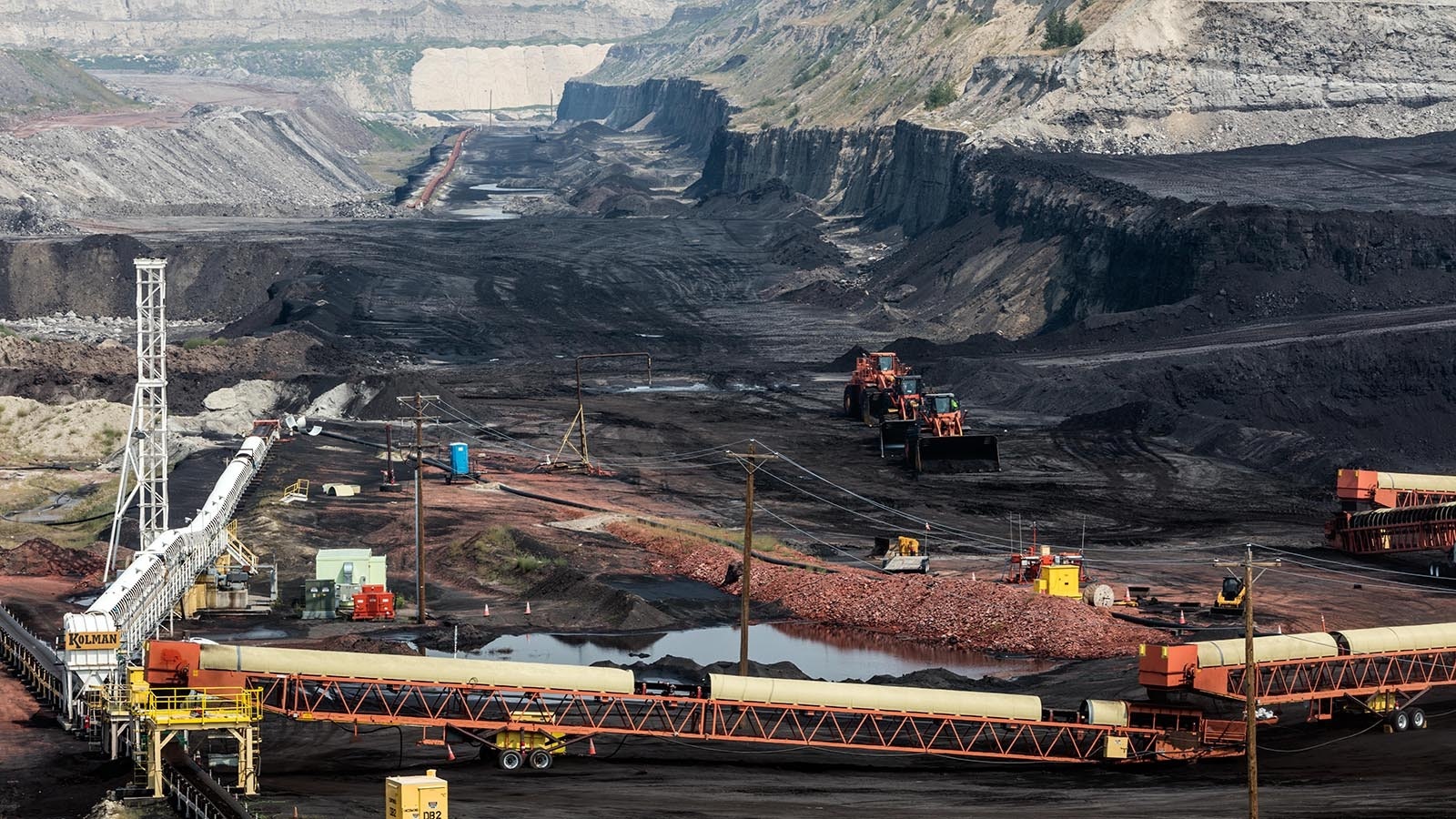A federal appeals court has shot down the nation’s first ban on natural gas hookups in new buildings.
It was a blow to anti-fossil fuel groups such as the Sierra Club, which has an ongoing campaign to prohibit Americans from using natural gas through local ordinances.
William Perry Pendley, who led the Bureau of Land Management in the Trump administration, told Cowboy State Daily the court’s Monday decision is “certainly a return to sanity.”
Against Federal Law
The 2019 Berkeley ordinance prohibited most new construction projects from having natural gas hookups.
The California Restaurant Association sued the city after the law passed, arguing it went against federal law and would prevent new restaurants from opening.
In an unanimous decision, the three judges on the 9th Circuit agree with the plaintiff’s argument that the Berkeley ordinance runs contrary to the 1975 Energy Policy and Conservation Act.
The act was passed in response to the 1973 oil crisis and among its provisions it prohibits regulations at the state and local levels restricting energy use of many gas appliances.
In his decision, Judge Patrick J. Bumatay wrote that the Berkeley law “took a more circuitous route” to achieve the same effect.
“By preventing such appliances from using natural gas, the new Berkeley building code does exactly that,” Bumatay wrote.
Commerce Clause
Karen Budd-Falen, a Cheyenne-based public lands legal expert who served in both the Reagan and Trump administrations, told Cowboy State Daily that the Berkeley natural gas case is “just the tip of the iceberg.”
Other cases are wrestling with the question of to what extent laws in a state or city can impact activities in other states.
The U.S. Supreme Court last month heard oral arguments in what’s known popularly as the “bacon case.”
At question is California’s Proposition 12, which outlawed the sale of pork in the state if the pork’s production, even if done in other states, doesn’t meet with the cruelty standards California voters approved in 2018.
The National Pork Producers Council and American Farm Bureau Federation sued California, arguing that the state’s law violates the Commerce Clause, a constitutional provision that restricts states from impairing commercial activities in other states.
If the Supreme Court were to uphold Proposition 12, legal experts have speculated it would mean that California could, for example, ban products from a Wyoming company unless its employees are vaccinated against COVID-19.
Export Terminal
This question also was at the heart of a lawsuit that Wyoming and Montana filed against Washington over its decision to block a port terminal that would have allowed Wyoming and Montana to export coal to Asian countries.
In 2021, the U.S. Supreme Court decided it wouldn’t allow the lawsuit to go forward.
The Berkeley ordinance is just one of dozens of state and local efforts to address climate change by limiting the use of fossil fuels.
The Sierra Club’s campaign has supported more than 60 bans in California like that in Berkeley. Denver outlawed natural gas furnaces and water heaters in new commercial and multifamily construction starting in 2024. Boulder is considering a similar ban.
These laws may also be challenged on the same grounds that the Berkeley ordinance was. To keep them in place, environmental groups would need to change federal law.
“I don’t think that’s ever going to happen,” Budd-Falen said.
Fracking Revolution
Pendley said the efforts to restrict the use of natural gas are depriving Americans of a resource the nation has in abundance.
In the 1970s, he said then-President Jimmy Carter, predicted that we’d run out of natural gas by 1990.
Pendley said that would have happened were it not for innovations in hydraulic fracturing, or fracking, which allowed producers to economically extract oil and gas from tight sand and shale formations.
“Now we have a natural gas glut. With the fracking revolution, we’ve found natural gas practically everywhere we look,” Pendley said.
As utilities moved away from coal-fired generation to gas-fired generation, America’s carbon dioxide emissions peaked in 2007 and have since fallen below where they were in 1991.
Despite this achievement, environmental groups like the Rocky Mountain Institute, Sierra Club, Environmental Defense Fund and Climate Imperative Foundation, which combined have annual gross receipts approaching $1 billion, have supported efforts to electrify home appliances and effectively eliminate the use of natural gas in homes.
Legal Options
EarthJustice, which had nearly $200 million in gross receipts last year, said in a press release that the organization will continue to work to ban natural gas to address climate change.
“The 9th Circuit Court of Appeals ruling is a setback, but not an insurmountable one. Plenty of legal options remain for cities and states to electrify – this popular movement that makes economic and environmental sense will not be stopped by a single court ruling,” EarthJustice senior attorney Jan Hasselman said in the statement.
Tom Shepstone, who runs Natural Gas Now, an online resource for content on hydraulic fracturing and natural gas development, told Cowboy State Daily the decision in the Berkeley case was based on the letter of the law.
“It’s certainly an indication that there are a few people with rationality and common sense left in certain parts of our government,” Shepstone said.
Shepstone said the groups trying to outlaw fossil fuels are just using global warming as an excuse to push a political agenda.
“This isn’t about global warming. It’s just a platform from which to rob the taxpayer for subsidies that support uneconomical, undependable renewables,” Shepstone said.





